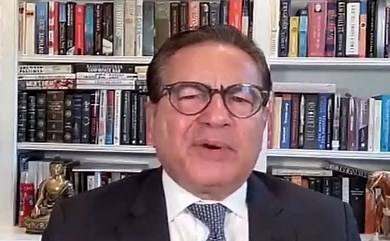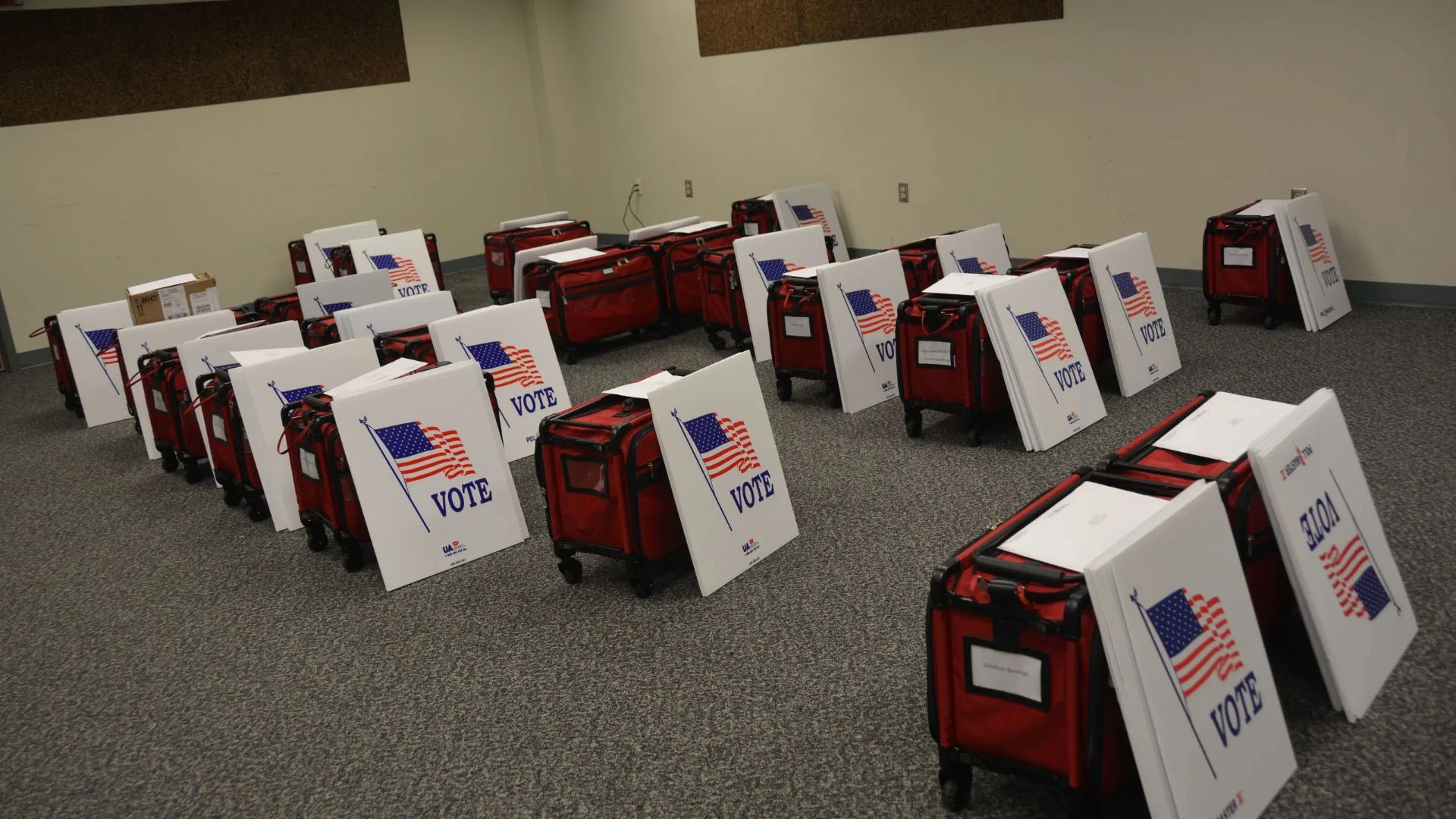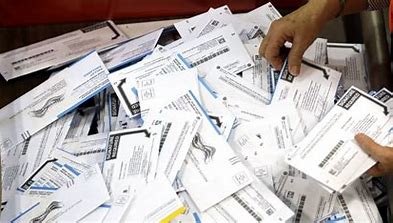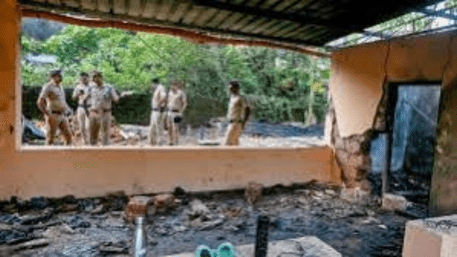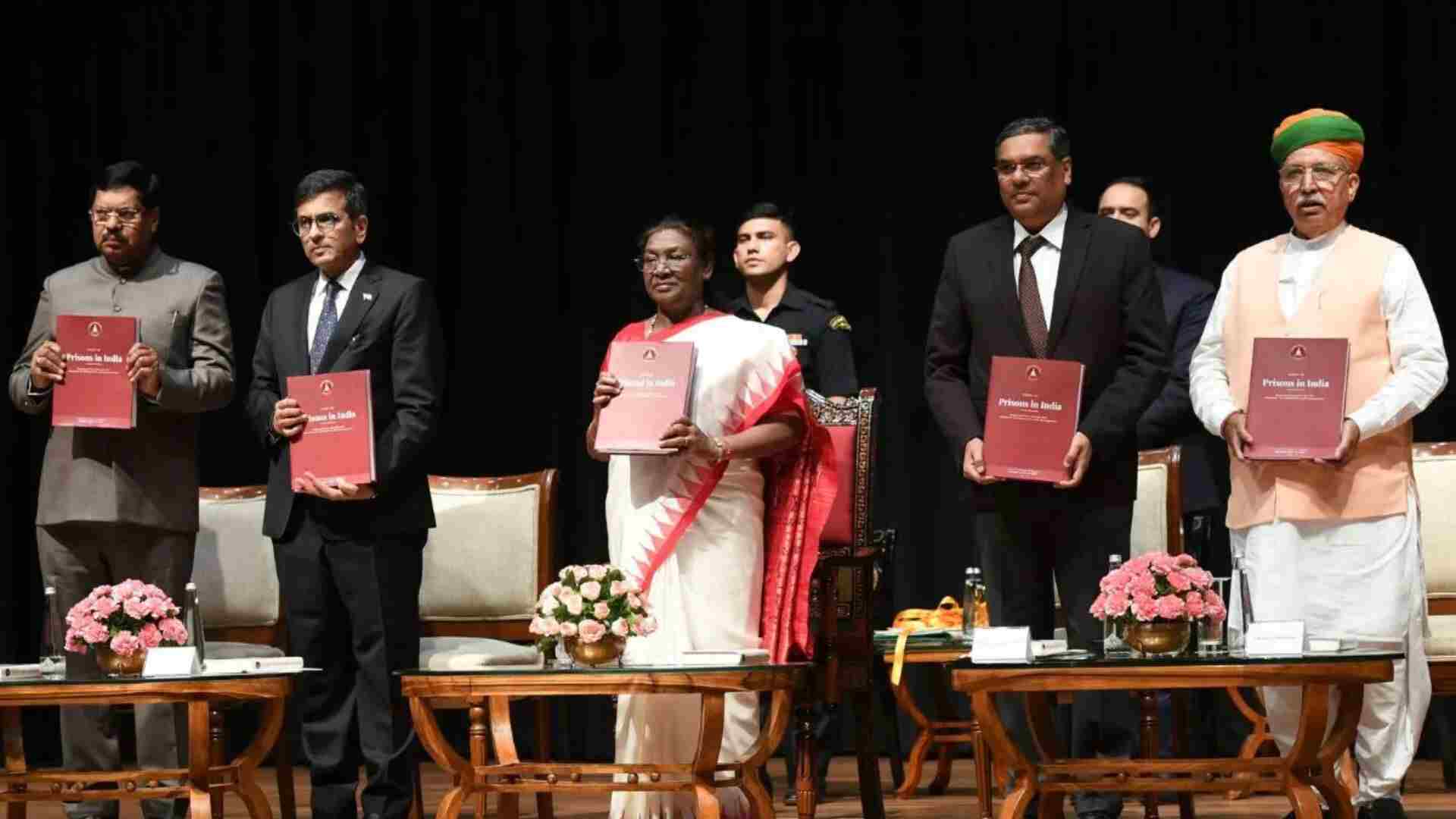
The price of coffee is expected to rise after key producers like Brazil and Vietnam have been hit by extreme weather conditions.
Arabica coffee futures in New York surged to a 13-year high, exceeding $2.60 per pound on Monday. This spike is due to a record-breaking drought in Brazil and destruction caused by Typhoon Yagi in Vietnam.
Premium coffee bean prices have increased by approximately 40% this year, according to Bloomberg. Additionally, there is a shortage of the cheaper robusta beans.
Concerns over a global coffee shortage are growing as extreme weather threatens crops in key producing regions.
Impact on Brazil and Vietnam
Brazil, the world’s largest producer of arabica coffee, is facing a severe drought. The Minas Gerais region, responsible for almost a third of Brazil’s arabica coffee production, has experienced significantly below-normal rainfall, according to Somar Meteorologia, Brazil’s national weather agency.
This drought threatens the 2025-2026 arabica crop, which is currently “hanging by a thread,” according to Carlos Mera, an agri-commodities analyst at Rabobank.
Mera also pointed out that this crisis is being worsened by logistical issues, including port congestion and a global shortage of shipping containers, which are disrupting coffee distribution worldwide.
In Vietnam, the world’s largest producer of robusta coffee, Typhoon Yagi has devastated coffee-growing regions, killing over 200 people and destroying large areas of farmland. This has worsened the existing shortage of robusta coffee, which is commonly used in instant coffee, adding further pressure to global coffee prices.
Price Hikes and Retailer Responses
The price of coffee has already increased in recent months. Retailers like JM Smucker, which owns brands such as Dunkin’ and Café Bustelo, have raised prices twice to counter the rise in green coffee costs. The company cited “recent higher green coffee costs and the pass-through nature of the coffee category,” as reported by Bloomberg.
In the UK, Pret A Manger has discontinued its popular coffee subscription service, which allowed customers up to five barista-made drinks per day, due to these rising costs.
The Larger Issue: Climate Crisis and Coffee Production
The recent price hikes highlight a bigger issue: coffee production is increasingly threatened by the climate crisis.
Coffee is grown in over 40 countries within the narrow tropical “bean belt” along the equator. However, rising temperatures and unpredictable weather patterns are making many of these regions less suitable for coffee cultivation.
Climate models predict that areas suitable for coffee farming could decrease by up to 50% by 2050. In Brazil, this reduction could be as high as 80%, which threatens the country’s leading role in global coffee production.
By 2080, wild coffee, an essential genetic resource for farmers, could become extinct. Over 120 million people worldwide depend on coffee farming for their livelihoods.
Arabica and Robusta Challenges
Arabica coffee, prized for its flavor, is particularly vulnerable to temperature changes. It grows best at altitudes between 1,000 and 2,000 meters and requires temperatures between 18°C and 23°C. When temperatures exceed these limits, coffee plants suffer from heat stress, reducing yields.
Robusta coffee, though more heat-tolerant, still faces challenges due to its high water requirements. With droughts becoming more common, even robusta farms are struggling to maintain output without additional irrigation.
The limited genetic diversity of coffee crops worsens the situation. Arabica and robusta varieties account for 99% of the world’s coffee production, making the crop highly vulnerable to pests, diseases, and climate change.
Also read: Japanese Man Detained For Bombarding Wife With Over 100 Calls Daily
While researchers are working to develop more resilient coffee strains, the wild species needed for breeding are under threat. The International Union for Conservation of Nature (IUCN) reports that more than 60% of wild coffee species are at risk of extinction, limiting the potential for genetic improvements.
